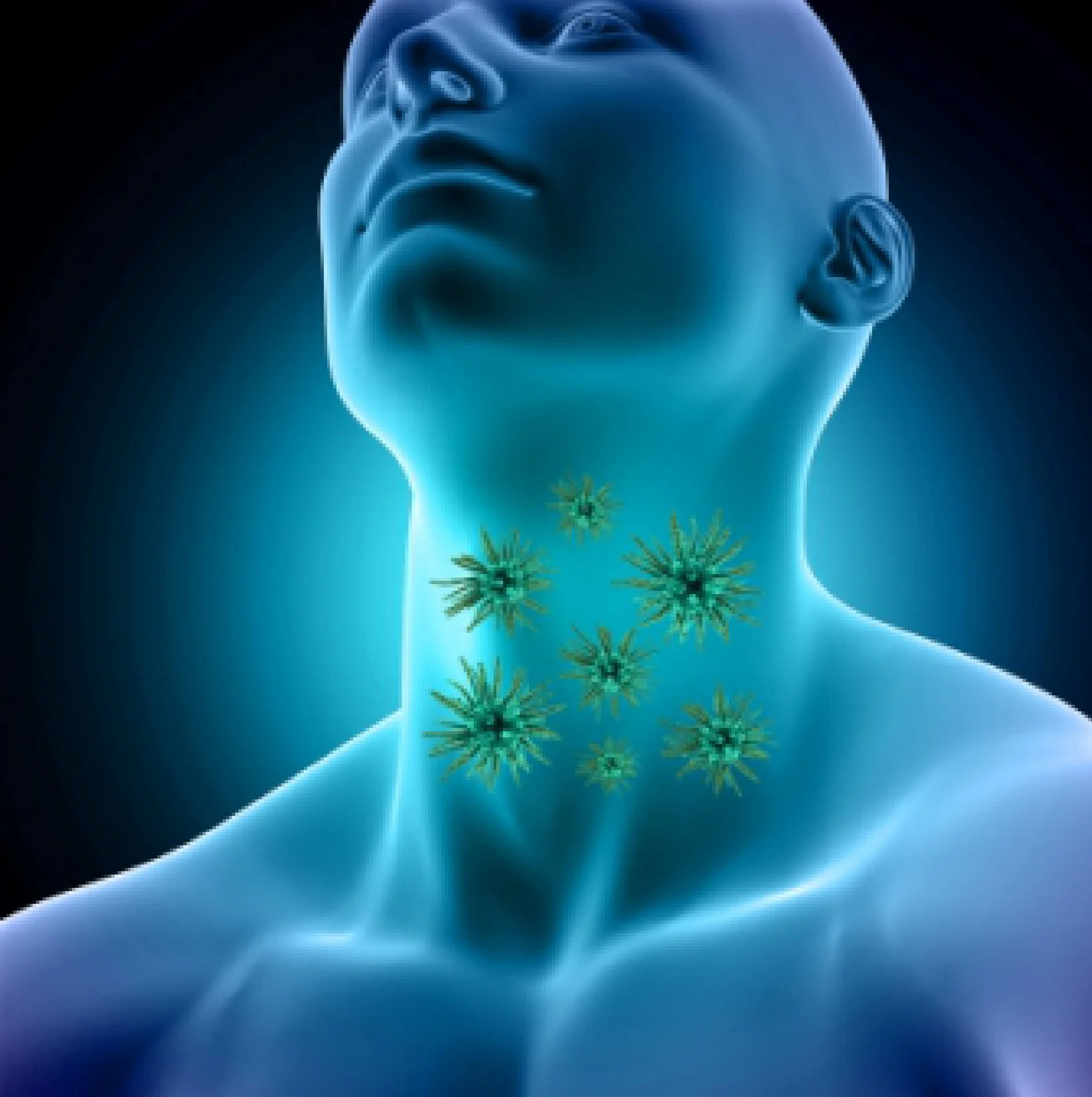
Department of Oncology
Welcome To Gangasheel Hospital
What is head & neck cancer ?
Head and neck cancer includes several types of cancer that usually begin in the cells that line the mouth, throat (pharynx), or vocal cord (larynx). These cells are called squamous cells. Less commonly, head and neck cancer occurs in the sinuses and salivary glands.
Most head and neck cancers are classified as squamous cell carcinomas based on the cells that turn into cancer cells.
Head and neck cancer can be difficult to diagnose because symptoms are often mild and can mimic less serious conditions such as a cold or sore throat. It is the most common symptom of head and neck cancer.
Symptoms include:-
- Persistent sore throat.
- Frequent headaches.
- Hoarseness or voice change.
- Pain when chewing or swallowing.
- Upper tooth pain.
- Numbness or pain in the face.
- Neck pain that does not go away.
- Difficulty breathing or speaking.
- Lump in throat, mouth, neck.
- Persistent ear pain or infection.
- Nosebleeds, bloody saliva or mucus.
- Non-healing mouth and tongue wounds.
- Frequent sinus infections unresponsive to antibiotics.
There are steps you can take to prevent most head and neck cancers. For your protection:-
Quit smoking. To reduce your risk of head and neck cancer, avoid all types of tobacco (cigarettes, cigars, pipes, snuff, dips, chewing tobacco).
Drink less. Reducing or eliminating alcohol consumption can reduce the risk of these cancers.
Get the HPV vaccine. Gardasil 9® is an HPV vaccine licensed in the United States.
Protects against several HPV strains, including those that cause oropharyngeal cancer. HPV prevention is most effective if HPV infection occurs before sexual activity. Still, it's beneficial up to age 45. Ask your doctor if you can benefit from vaccination.
If you have had cancer before, quitting tobacco and alcohol can reduce your risk of getting cancer again (recurrence). Seeing a doctor at the first sign of symptoms can also prevent the cancer from progressing.
How is head and neck cancer treated?
The three main treatments are surgery, radiation therapy, and chemotherapy. Doctors may also recommend new treatments, such as targeted therapies or immunotherapy, or encourage participation in clinical trials.
Surgery:-
A surgeon can remove the border between the tumor and the surrounding healthy tissue. Surgeons may also remove lymph nodes in the neck if they suspect that cancer has spread there.
Radiation therapy:-
The most common radiation therapy for head and neck cancer uses a machine that directs high-energy x-rays (EBRT) to the tumor. Radiation therapy can be given as the only treatment or in combination with other treatments, such as surgery or chemotherapy. Radiation therapy can also help relieve symptoms.
Chemotherapy:-
Chemotherapy uses a single drug or a combination of drugs to kill cancer cells. More commonly used in advanced head and neck cancer.
Targeted therapies:-
These drugs target specific types of cancer. They are most commonly used in combination with other treatments to treat advanced head and neck cancer. Cetuximab (Erbitux®), a drug that targets a tumor protein called epidermal growth factor (EGFR), is approved by the U.S. Food and Drug Administration (FDA) to treat certain types of head and neck cancer . There are FDA-approved treatments specifically for genetic modification, such as larotrectinib (Vitrakvi®), which is used to treat people with mutations in the NTRK gene.
Yes, Head & Neck Cancer treatment is available in Bareilly at Gangasheel Hospice by the team of expert Oncologists in the city.
